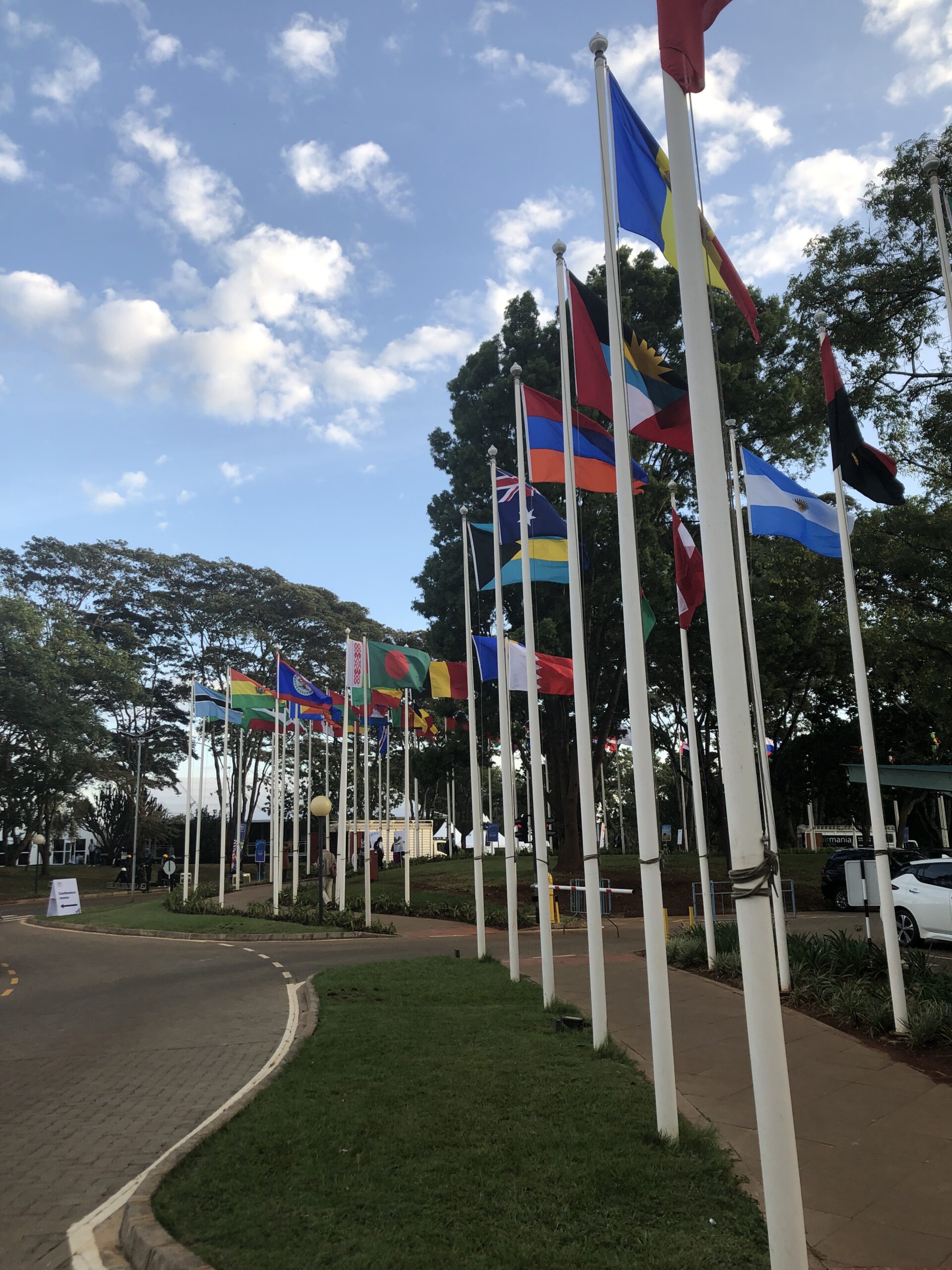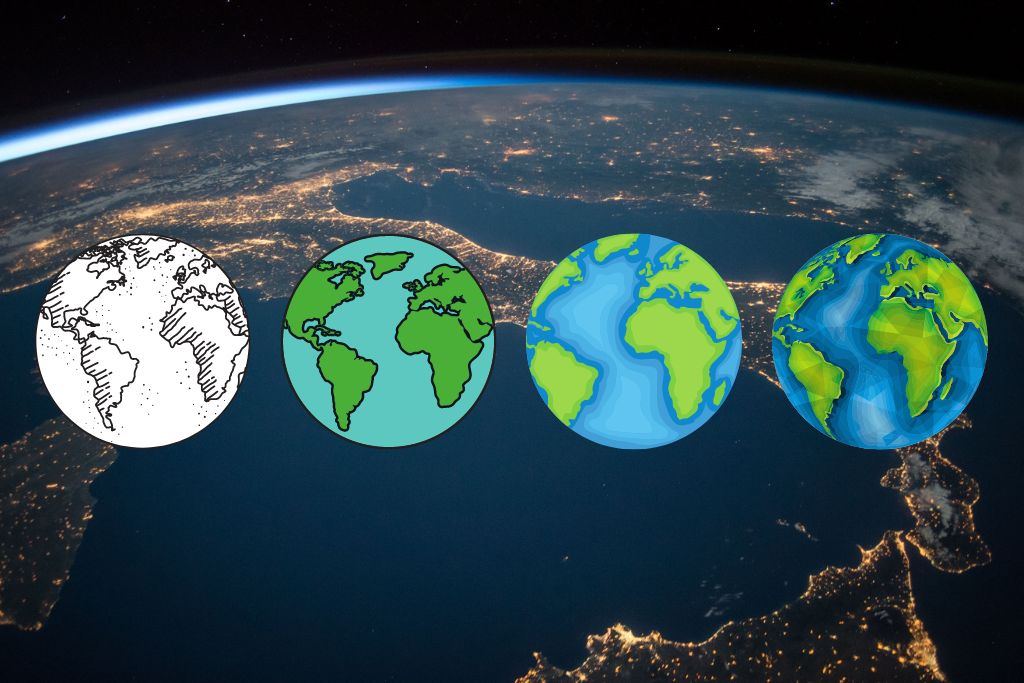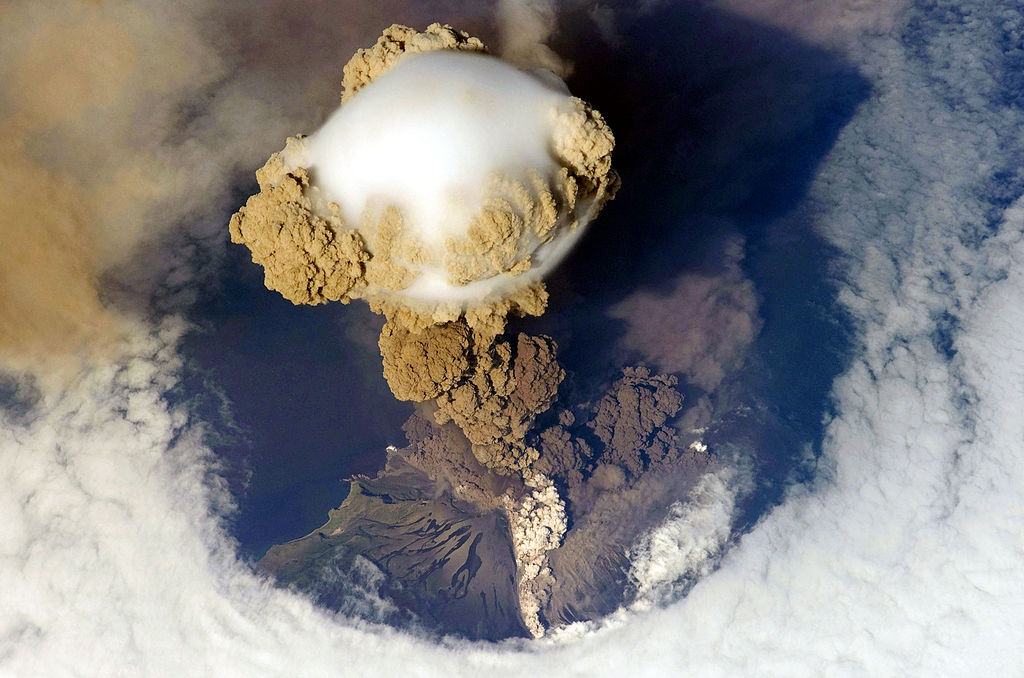solar geoengineering
A Landmark Geoengineering Conversation in the Global South
The UCLA Emmett Institute helps sponsor and organize the Degrees Global Forum, the largest event of its kind to date.
I post periodically about developments in the debate over solar geoengineering (SRM) and its potential role in response to climate change. News accounts may suggest that this debate moves fast, but it has three enduring, large-scale themes. First, SRM presents high stakes for climate risks and response – which most governments thus far have been …
Continue reading “A Landmark Geoengineering Conversation in the Global South”
CONTINUE READINGThe Politics of Geoengineering Are Getting Stranger
Of all the pollution threats out there, why are state lawmakers and U.S. EPA targeting solar geoengineering?
There are strange things happening in Climate World, in addition to all the horrifying things. Among the strangest is a surge in state bills to prohibit solar geoengineering. Just as strange is the recent shot across the bow by Trump’s EPA Administrator Lee Zeldin against one tiny startup firm that claims to be doing geoengineering. …
Continue reading “The Politics of Geoengineering Are Getting Stranger”
CONTINUE READINGReflections on “Yes they can control the weather.”
Marjorie Taylor Greene is wildly wrong about government scientists controlling hurricanes. There is a rich history of weather modification experiments that make that false claim more dangerous.
Since U.S. Rep. Marjorie Taylor Greene tweeted earlier this month that “Yes they can control the weather” — a bunch of commentators have pointed out that she’s wildly wrong. Yes, she’s wildly wrong. No one can make, intensify, or steer hurricanes. No ability to do anything like this is even on the horizon. Her comment …
Continue reading “Reflections on “Yes they can control the weather.””
CONTINUE READINGThe global conversation about solar geoengineering just changed at the UN Environment Assembly. Here’s how.
Duncan McLaren and Olaf Corry reflect on the implications of the UNEA-6 non-decision on solar radiation modification for research and governance
As we wrote in part 1, a Swiss-led proposal to the UN Environment Assembly (UNEA) to establish an expert group on solar radiation management (SRM) proved divisive and was eventually withdrawn. Here we explore why, and what that means for any global conversation about SRM. SRM has long generated concerns that, as a powerful lever …
CONTINUE READINGCountries failed to agree first steps on solar geoengineering at the UN. What went wrong?
Duncan McLaren and Olaf Corry observed as diplomats in Nairobi wrestled with a resolution on solar radiation management
In the last weeks, diplomats from all over the world were negotiating more than twenty draft resolutions at the UN Environment Assembly (UNEA). The Assembly is a biennial intergovernmental meeting which sets the global environmental agenda. It also sets the strategy for the UN Environment Programme (UNEP), and outlines policy responses to address emerging environmental …
CONTINUE READINGA Big Year on Legal Planet
Here are the 12 most popular topics in environmental law and climate policy on Legal Planet based on our most-read posts from 2023.
It’s an understatement to say that 2023 was a transformative year for the U.S. climate movement. We saw rapid implementation of landmark federal climate laws, a series of big actions on methane emissions, a deal on Colorado River water usage, and bigger-than-expected climate victories in Sacramento. EPA’s control of toxic chemicals was tested, the U.S. …
Continue reading “A Big Year on Legal Planet”
CONTINUE READINGThe Overshoot Commission Addresses Geoengineering
The Commission tries to make it OK to talk about – not do – solar geoengineering. Its report proposes a moratorium, coupled with efforts to carefully build knowledge.
In this, my third post on the recently released report of the Climate Overshoot Commission, I’ll discuss their treatment of the most challenging and controversial part of their mandate, Solar Geoengineering or Solar Radiation Modification (SRM). As I noted in my introductory post on the Commission, I served as an advisor to the Secretariat and …
Continue reading “The Overshoot Commission Addresses Geoengineering”
CONTINUE READINGComparing the Risks of Climate Change and Geoengineering
The OSTP has adopted a ‘risk-risk’ framing in its report on geoengineering research: will this help or hinder sound climate policy?
Last month’s report on solar geoengineering research from the White House Office of Science and Technology Policy (OSTP) consolidated a shift in the discourse on this controversial technology. Over recent years advocates for more research have increasingly adopted a ‘risk-risk’ framing. As Gernot Wagner puts it in ‘Geoengineering: the Gamble’: “The decision is all about …
Continue reading “Comparing the Risks of Climate Change and Geoengineering”
CONTINUE READINGShould There Be a ‘Non-Use’ Agreement on Solar Geoengineering?
Why I signed the call for a non-use agreement, and what that might mean for research.
Although I’m a newbie at the Emmett Institute, I have been working on geoengineering for a decade now. I have heard countless arguments over whether and how solar geoengineering could be useful in the struggle to manage climate change. I have seen deeply misleading claims by both its supporters and detractors, many trying to coopt …
Continue reading “Should There Be a ‘Non-Use’ Agreement on Solar Geoengineering?”
CONTINUE READINGWhat if someone just does it?
A scenario exercise on unauthorized use of solar geoengineering
Note: This post is co-authored with Jesse L. Reynolds, who recently completed an Emmett Institute Geoengineering Governance Fellowship As the climate crisis grows more urgent, unconventional technological responses are getting increased attention and controversy. We’ve written previously on Legal Planet about these technologies and their promise and risks. The most high-stakes and controversial of these …
Continue reading “What if someone just does it?”
CONTINUE READING












